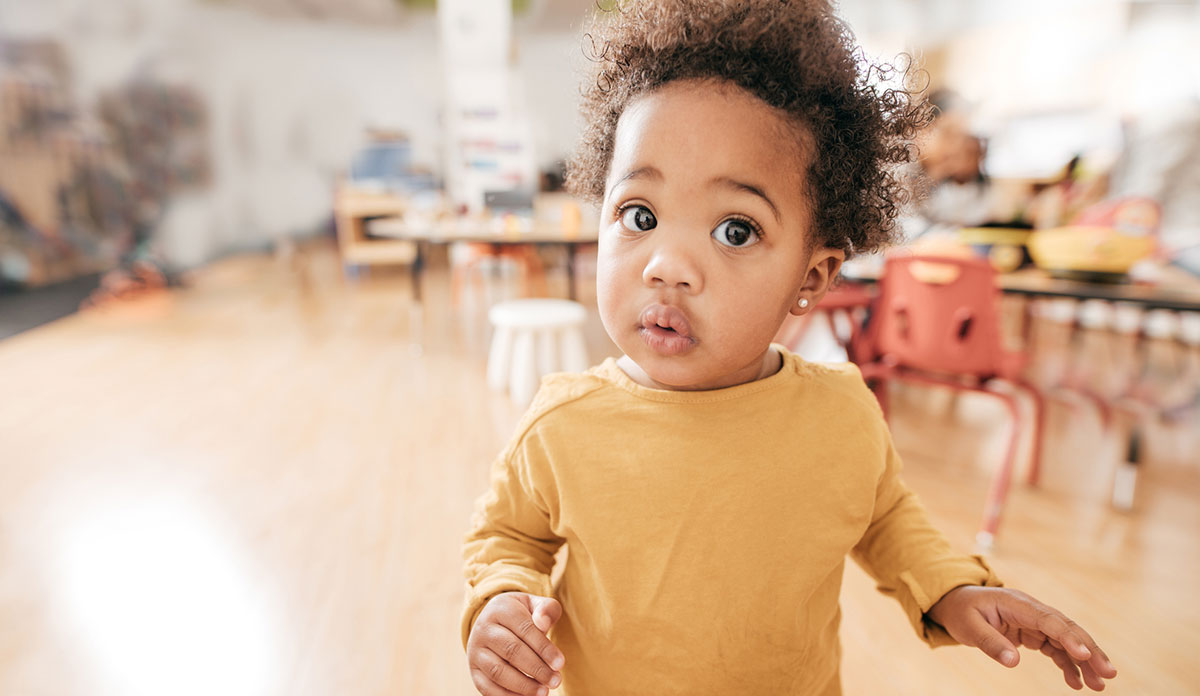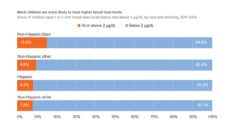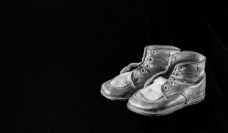When parents drop their daughters and sons off at a childcare facility, they are engaging in an act of trust. They assume their child will be treated fairly and with respect. However, children of color may be experiencing bias from the adults caring for them.
A recent study assessed racial and ethnic stereotypes held by 1,000 White adults who work or volunteer with children. Nearly two-thirds of the respondents were women, and all were located in the United States. The researchers asked how laziness, proneness to violence, intelligence, and healthy habits differed by racial/ethnic groups at varying ages (children, teens, and adults).
Survey respondents held higher levels of negative stereotypes for Black adults than adults in other racial/ethnic groups. Over 50% said Black adults were prone to committing violent acts. Nearly one-fifth said Black adults were unintelligent, and over one-third said that Black adults practice unhealthy habits.
Respondents perceived Black teenagers just as negatively. Over 40% responded that Black teens were lazy. American Indian and Alaska Native teens, as well as Hispanic teens, were viewed poorly as well.
White children, teens, and adults were consistently viewed more positively than those that are Black, Hispanic, or American Indian and Alaska Native.
Though young Black children were viewed more positively than adults or teens, they were still viewed more negatively than children from other racial/ethnic groups. A quarter of respondents said that Black children were prone to committing violence. American Indian, Alaska Native, and Hispanic children were viewed even more negatively than Black children.
Although this study did not describe how study participants actually treated children under their care, the results of this study confirm other findings of racial bias in schools.
Although this study did not describe how study participants actually treated children under their care, the results of this study confirm other findings of racial bias in schools. A study from Yale found that implicit biases against Black students lead them to be disciplined more severely than other students. Another study found that teachers who are not Black have lower expectations of their Black students.
Internal biases are associated with neglectful behavior and distrust of those who are different. Being the target of negative social perceptions and resulting discrimination can negatively affect the health of people of color throughout their lives. Children who experience racism are at higher risk for depressive symptoms, high blood pressure, and insulin resistance.
The researchers recommend anti-bias and racism training for adults who work or volunteer with children. Some schools are already doing this. Organizations like Teaching Tolerance provide professional development tools for learning how to educate without bias, and New York City is funding anti-bias training for the city’s educators. These trainings are focused exclusively on teachers, but could be adapted for childcare workers more generally.
Feature image: kate_sept2004/iStock













